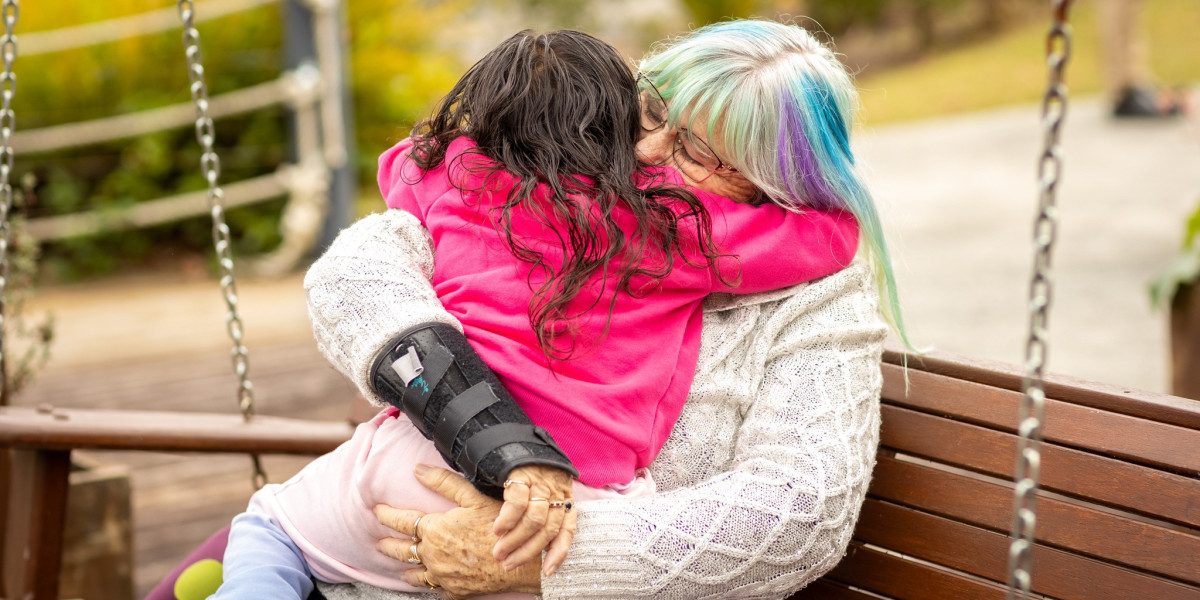Foster children are among the most vulnerable members of our society, yet they're often misunderstood or defined solely by their circumstances. Understanding who these children are, their backgrounds, and their needs helps us better support them and the families who care for them.
Breaking Down the Numbers
Foster children represent a diverse population spanning all ages, ethnicities, and backgrounds. Currently, hundreds of thousands of children live in foster care systems worldwide, with ages ranging from newborns to young adults transitioning out of care. Contrary to common assumptions, these aren't just "problem children" – they're young people who've experienced circumstances beyond their control.
The age distribution varies significantly, with younger children often staying in care longer due to adoption preferences, while older children and teenagers face unique challenges in finding permanent placements. This age factor significantly impacts their experiences and needs within the foster care system.
Common Pathways to Foster Care
Neglect and Abuse
The majority of children enter foster care due to neglect, which can include inadequate supervision, malnutrition, unsafe living conditions, or emotional neglect. Physical, sexual, and emotional abuse also contribute significantly to foster care placements, though these cases often receive more public attention than neglect situations.
Parental Substance Abuse
Substance abuse by parents or caregivers creates unsafe environments for children and is a leading cause of foster care placement. This includes situations where parents are unable to provide consistent care due to addiction or where drug-related activities expose children to danger.
Family Crisis Situations
Sometimes families face temporary crises that make it impossible to care for their children safely. These might include serious illness, mental health episodes, incarceration, or domestic violence situations. In these cases, foster care provides temporary safety while families work toward reunification.
Voluntary Placements
Some parents voluntarily place their children in foster care when they recognize they cannot provide adequate care. This difficult decision often stems from poverty, lack of support systems, or overwhelming personal circumstances.
The Diversity of Foster Children
Age Groups and Unique Needs
Infants and Toddlers often require specialized care due to potential prenatal exposure to substances or early trauma. They need consistent, nurturing caregivers who understand early childhood development.
School-Age Children face the challenge of maintaining educational progress while dealing with placement changes. They often struggle with feelings of abandonment and may have difficulty forming attachments.
Teenagers represent a particularly vulnerable population, as they're less likely to be adopted and face the reality of aging out of the system. They need support in developing life skills and planning for independence.
Cultural and Ethnic Considerations
Foster children come from all racial, ethnic, and cultural backgrounds, though some communities are disproportionately represented. Cultural identity and maintaining connections to their heritage are crucial aspects of their wellbeing that foster families must consider.
Common Characteristics and Experiences
Educational Challenges
Many foster children experience educational disruption due to frequent moves, trauma-related learning difficulties, or gaps in their educational history. They may struggle academically not due to lack of ability, but because of the instability in their lives.
Trauma and Resilience
Most foster children have experienced some form of trauma, which can manifest in various ways including behavioral challenges, difficulty trusting adults, or emotional regulation issues. However, children are remarkably resilient and can heal with appropriate support and stable relationships.
Sibling Relationships
Many foster children have siblings who may or may not be placed together. Maintaining these relationships is crucial for their emotional wellbeing, as siblings often provide continuity and support through difficult times.
Understanding Their Strengths
Foster children often develop remarkable resilience, adaptability, and emotional intelligence through their experiences. Many become highly empathetic individuals who are skilled at reading social situations and adapting to new environments. These strengths should be recognized and celebrated alongside addressing their challenges.
The Reality Behind the Statistics
Foster children are not defined by their circumstances – they're individuals with unique personalities, talents, dreams, and potential. They're artists, athletes, scholars, and future leaders who simply need stable, caring environments to thrive.
Understanding who foster children are helps us move beyond stereotypes and recognize them as whole individuals deserving of love, stability, and opportunity. Each child's story is unique, and their potential is limitless when provided with the right support and care.
By understanding the population in care, we can better advocate for these children, support foster families, and work toward creating systems that truly serve their best interests.








